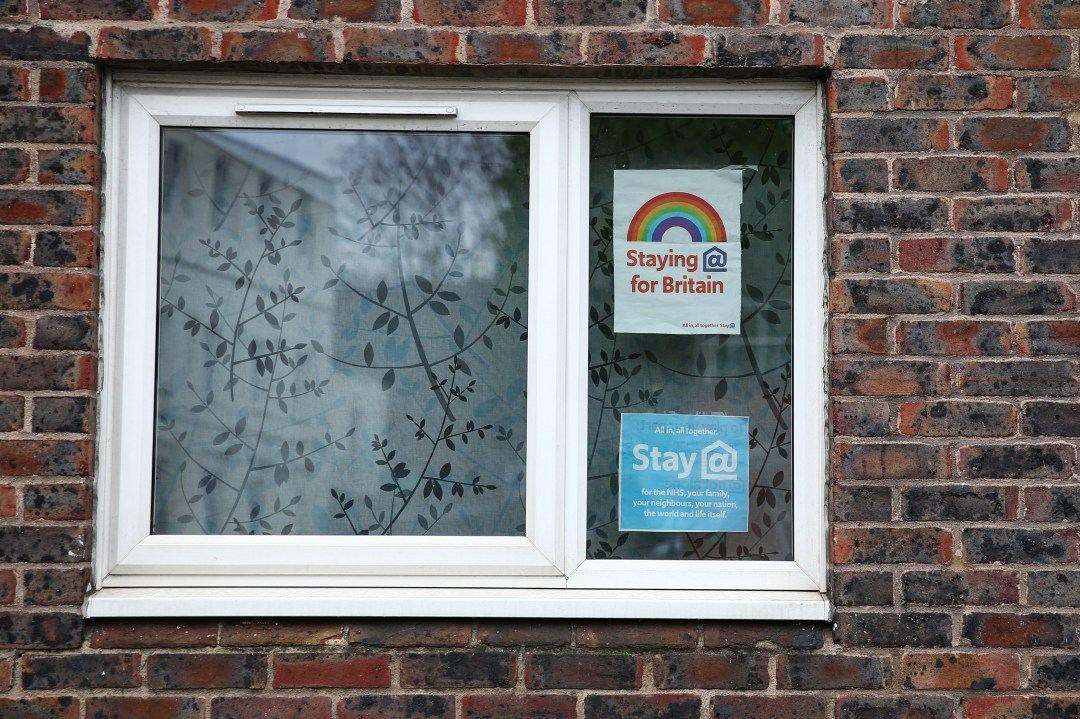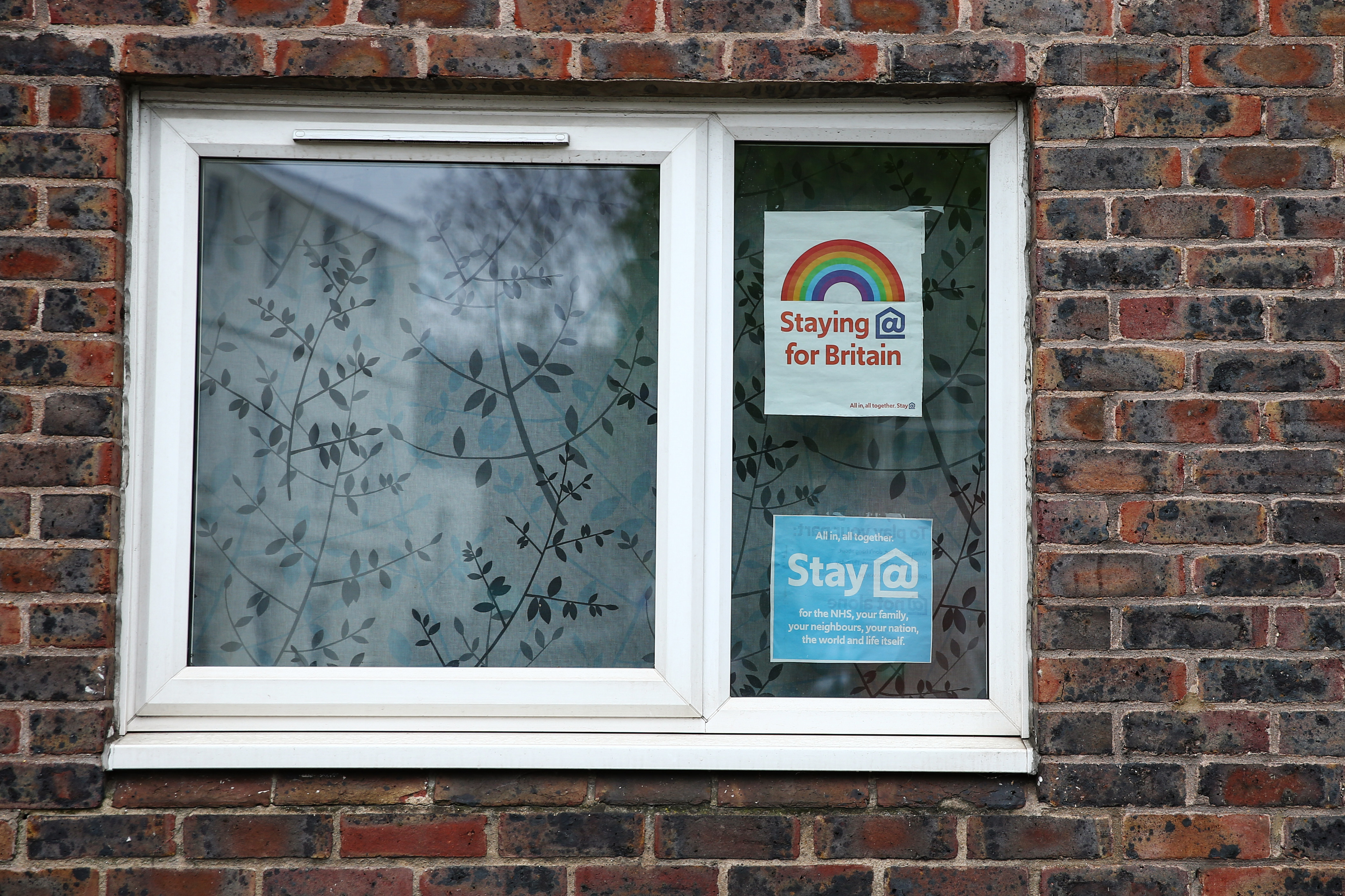As lockdown marches towards its sixth week, the vast majority of Brits are digging deep, staying home and trying to make the best of the circumstances. Not every democracy with a strong tradition of liberty is complying in the same way: witness the anti-lockdown protests in the USA. In fact, our government seems to have been taken by surprise at the extent of the British people’s compliance with the restrictions on our freedoms.
Of course, there are always exceptions, but I think that the UK has two inbuilt advantages when it comes to the effectiveness of the coronavirus lockdown. They are the National Health Service and the British ‘national character’.
The NHS provides us with an army of world-class, dedicated, compassionate professionals, risking their own wellbeing to care for others. NHS care is free at the point of use and, as a state provider, the NHS can be deployed directly by the government in the fight against the virus.
As a nation of queuers, it is almost in our blood to respect authority and to abide by the rules
The government’s coronavirus strapline is: ‘stay at home, protect the NHS, save lives’. It’s a powerful set of phrases, and the middle one has possibly the greatest impact. Everyone has a stake in a state healthcare provider, and this means that we also have a logical and emotional pull towards protecting it and doing what it tells you to do. A slogan that went: ‘protect the healthcare provider that your hefty insurance scheme pays for…’ or ‘protect the healthcare provider that didn’t help you last time because you were inadequately insured…’ would, I suspect, evoke rather less obedience.
But the greatest advantage that the NHS gives the Prime Minister in seeking to ensure a comprehensive lockdown is that it is more than a health service. It is now a kind of religion. Just to clarify, I am massively pro-NHS (I’d argue that the NHS owes at least as much to Lloyd George and Beveridge as it does to Bevan) and also anti-idolatry. But I can see how the idolisation of the NHS helps to make the lockdown more successful. To risk adding to the burden of the NHS and its staff by, for example, going to the shops more often than you should, or travelling to the mountains for a day trip, is seen as a sacrilegious act.
This leads me to the second reason why the UK has one up on most of the rest of the world when it comes to the observance of our lockdown. It is that we are a nation of rule-followers. When the government tells us we can’t leave the house apart from for the official four reasons, we do as we are told. As a nation of queuers, it is almost in our blood to respect authority and to abide by the rules. I am doing my best not to hold unfair and inaccurate stereotypes of some other countries in my mind as I write this, but we all know that the UK’s national culture is not the same as everyone else’s when it comes to instinctive obedience to the law. As Captain Barbossa from The Pirates of the Caribbean observes of the Pirates’ Code, ‘they’re not really rules, more like guidelines’. Our respect for the rules is normally to our credit.
Perhaps part of our motivation to follow the rules is that we fear the judgement of our neighbours – and we fear the judgement of our neighbours because we know how much we are guilty of judging them in return. No one wants to be tutted at for anything, least of all being too lax in how we relate to the lockdown.
Please don’t think I am making light of this. It affects me as much as anyone else. I was struck down by a lurgy (it may have been the lurgy but without a test I can’t be sure) for two weeks in the middle of April. It was the worst I have felt for many years and it lasted longer than any illness I’ve ever had. I was never dangerously poorly and didn’t need any medical intervention, but the night when I was at my worst also happened to be the night when the Prime Minister was taken into hospital. I’d been stuck in my room for five days, with my family unable to come in, when we all became conscious that Boris Johnson, a man only a few years older than me with a fiancée expecting a baby, was in need of intensive care. As I prayed for Boris and his family, my family were praying for me, deeply worried about what might happen to me.
The upset and uncertainty my illness caused my family is what troubled me most. My experience was deeply sobering, but it was a moderate experience shared by hundreds of thousands of others. For some, like the Prime Minister, the experience is much worse and for others still, it has led to death. No wonder people are afraid, and no wonder people instinctively cling to rules and guidance that promise a greater chance of safety for them and their loved ones. No wonder people react with anger if they see others taking risks, and no wonder we all then feel a fear of being seen as ‘one of those people’ who don’t follow the rules.
It was bacteria that saved humanity in H.G. Wells’s War of the Worlds. Maybe it will be the quirks of British culture that saves us in real life.







Comments